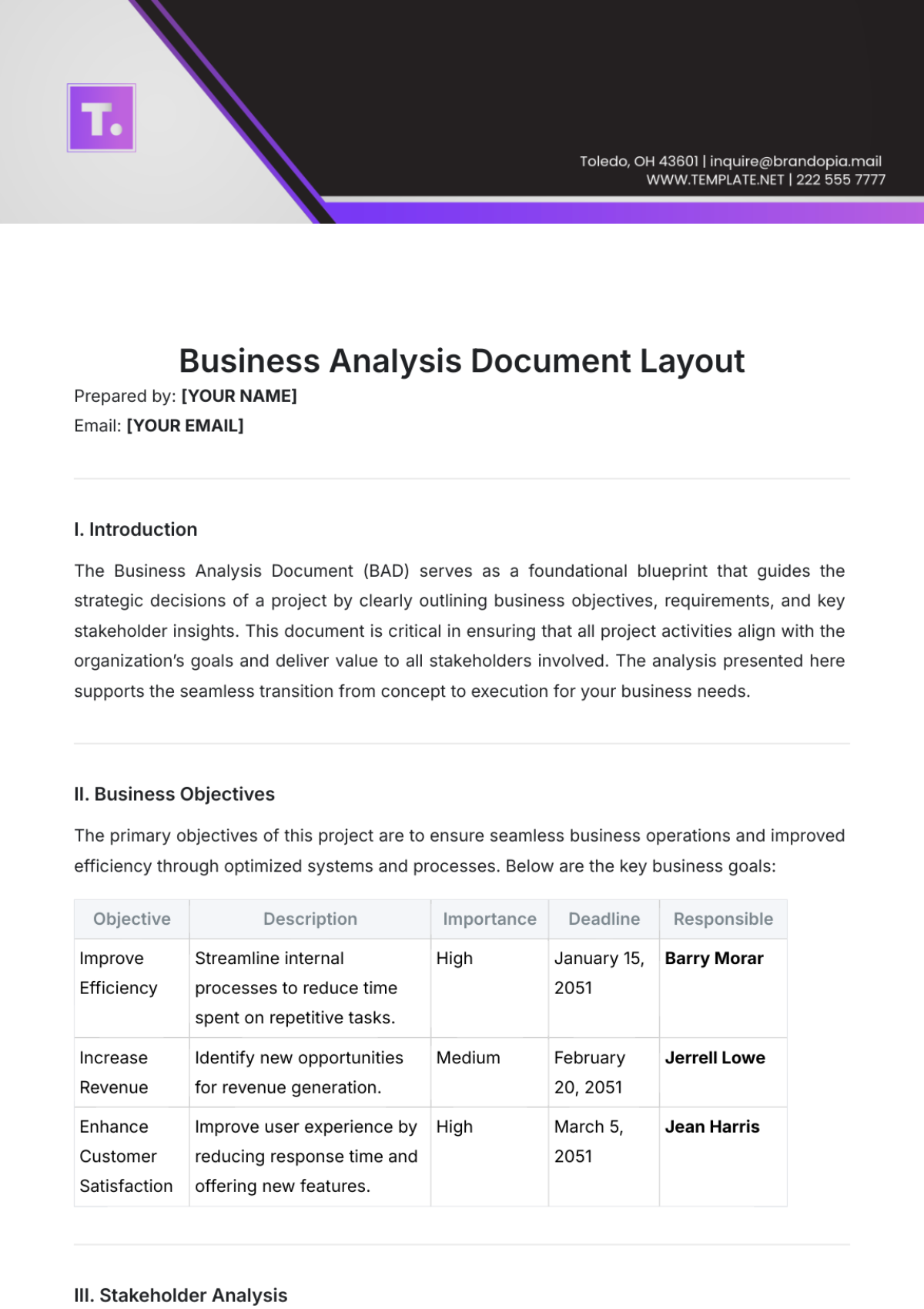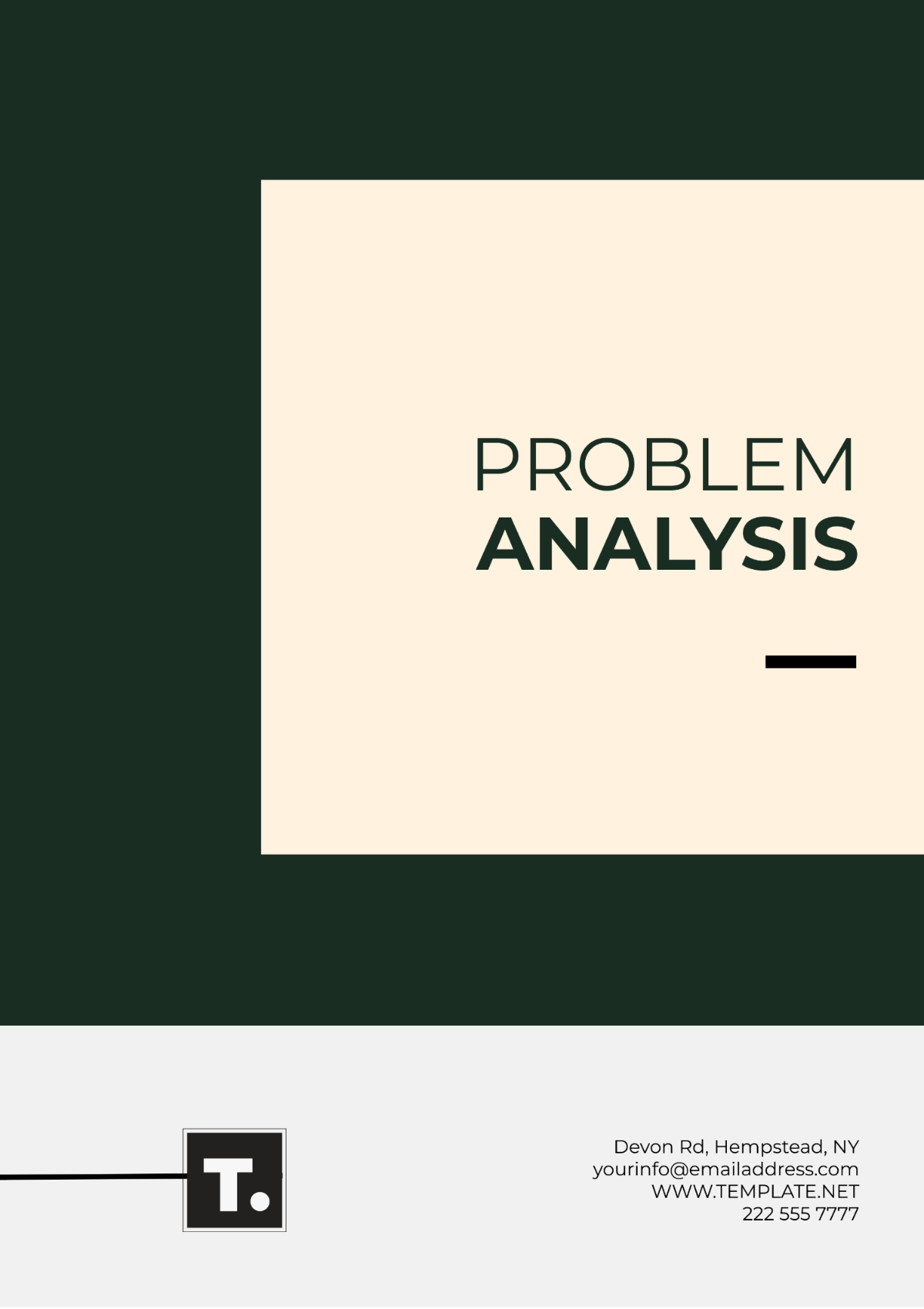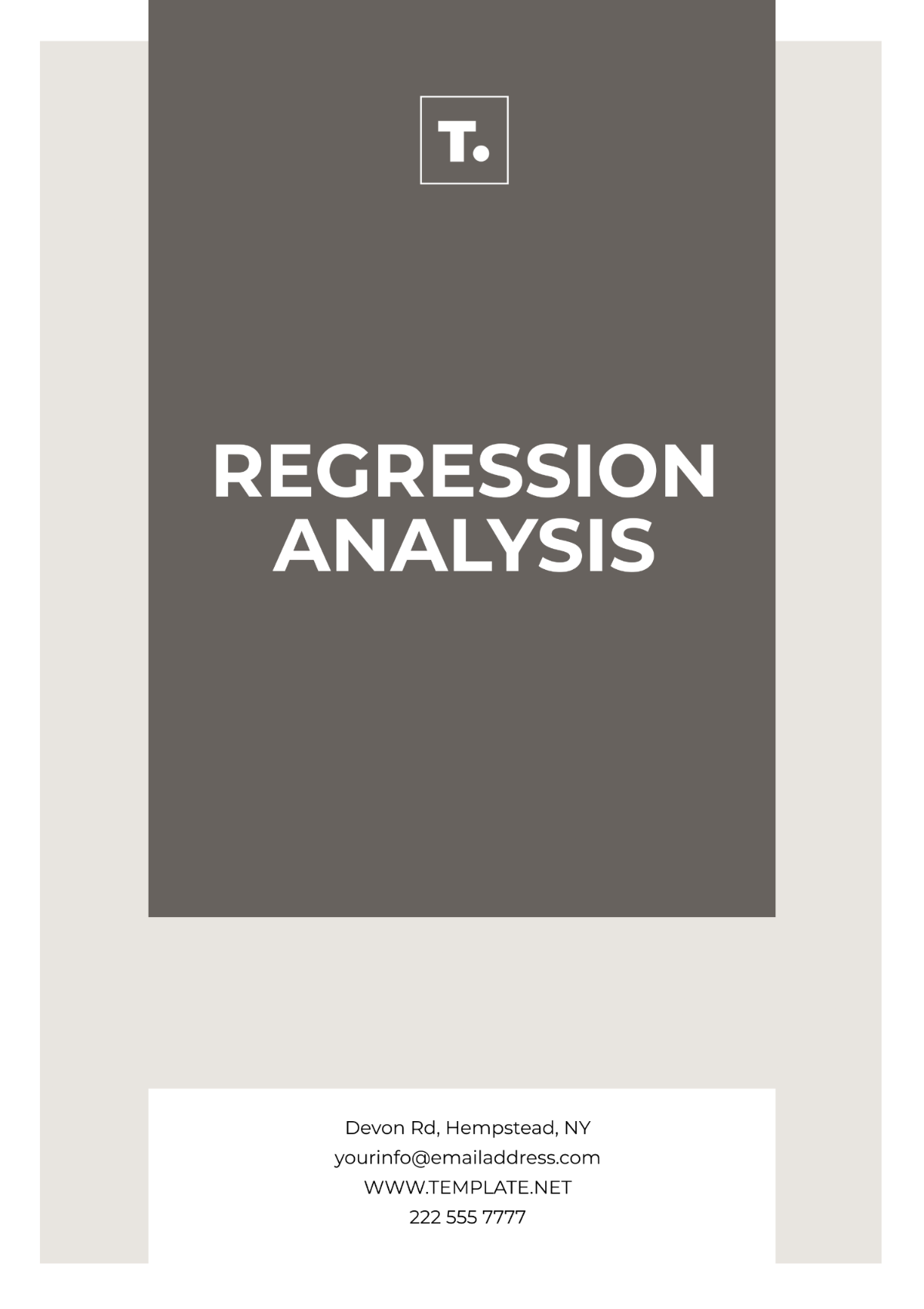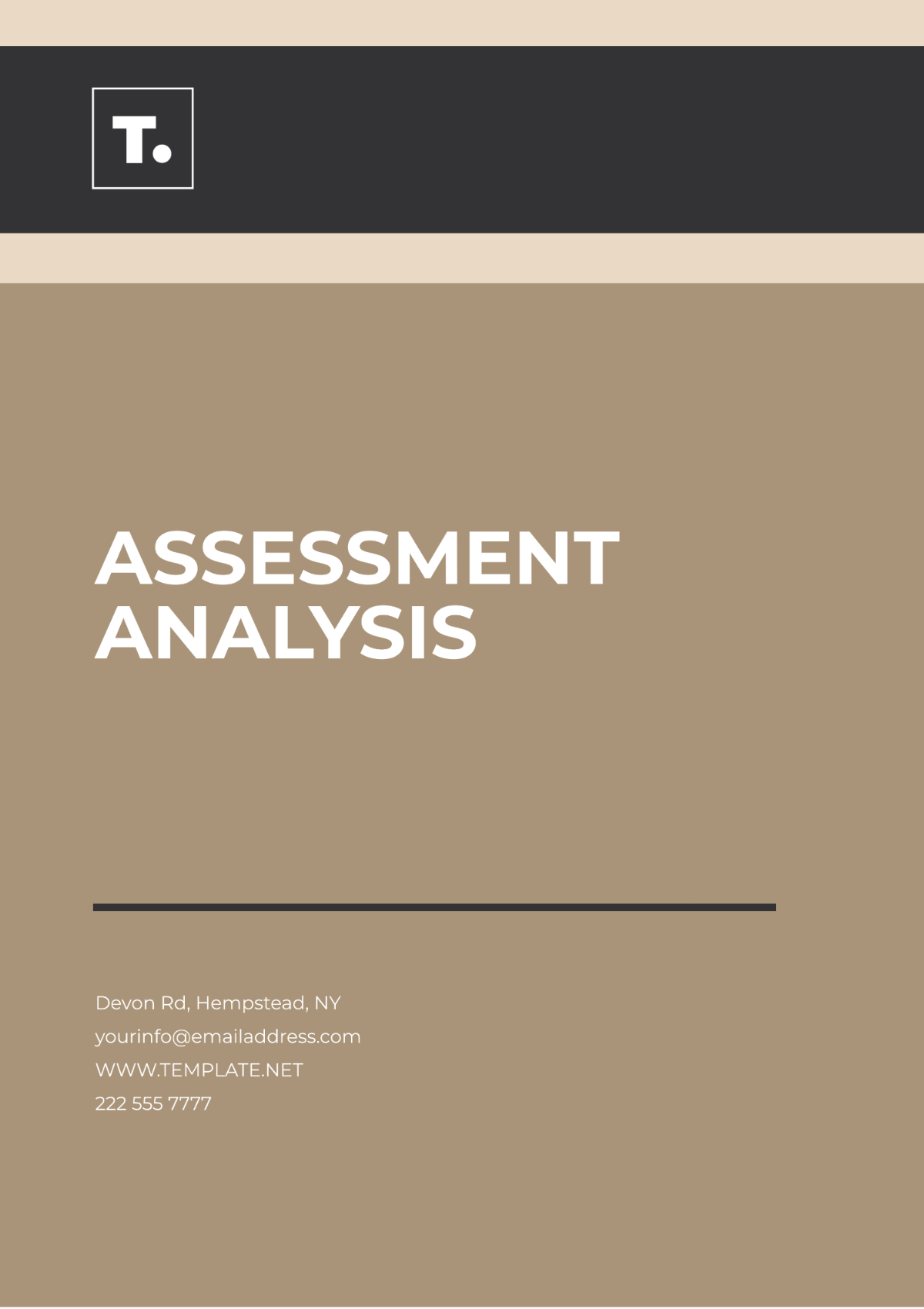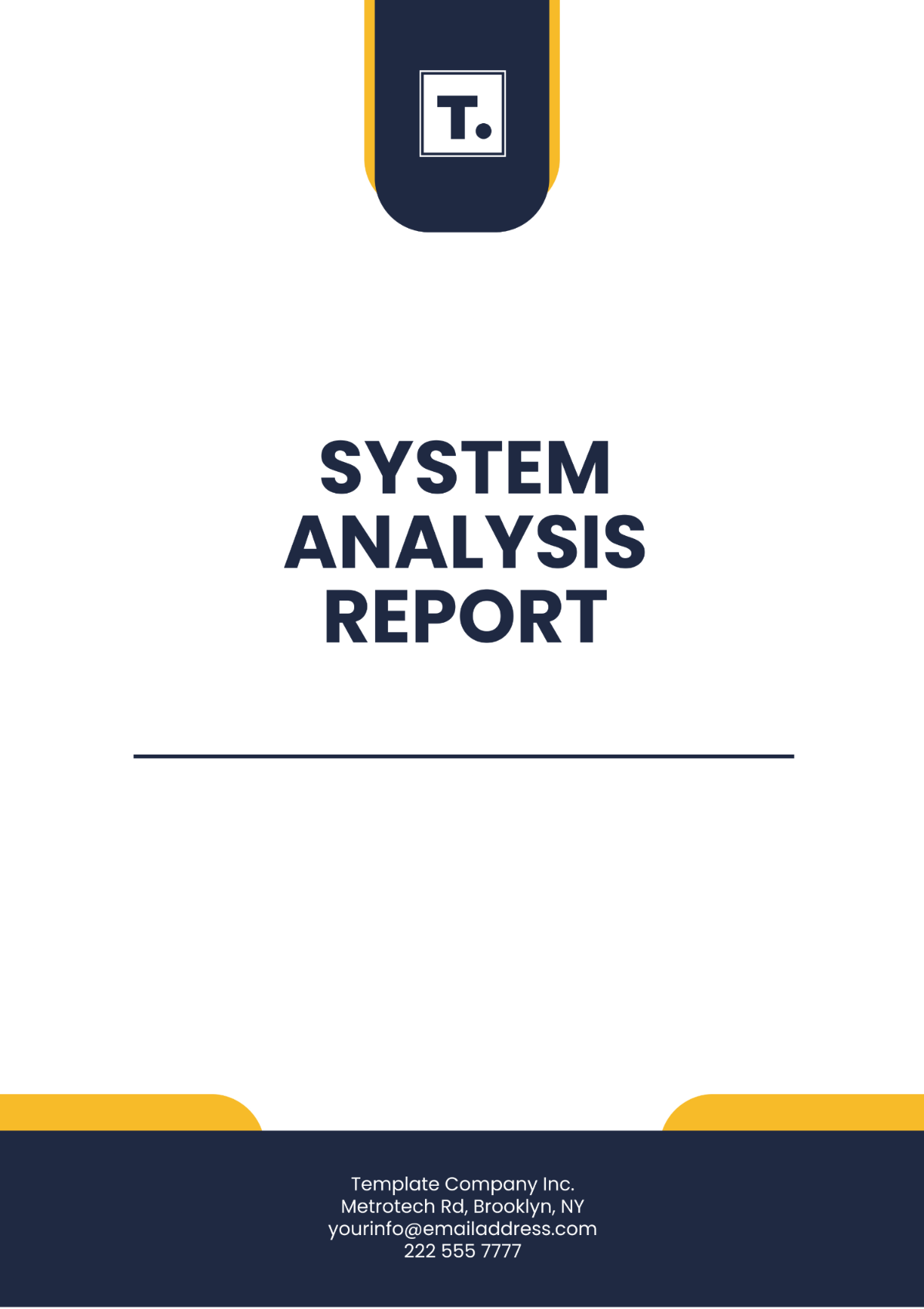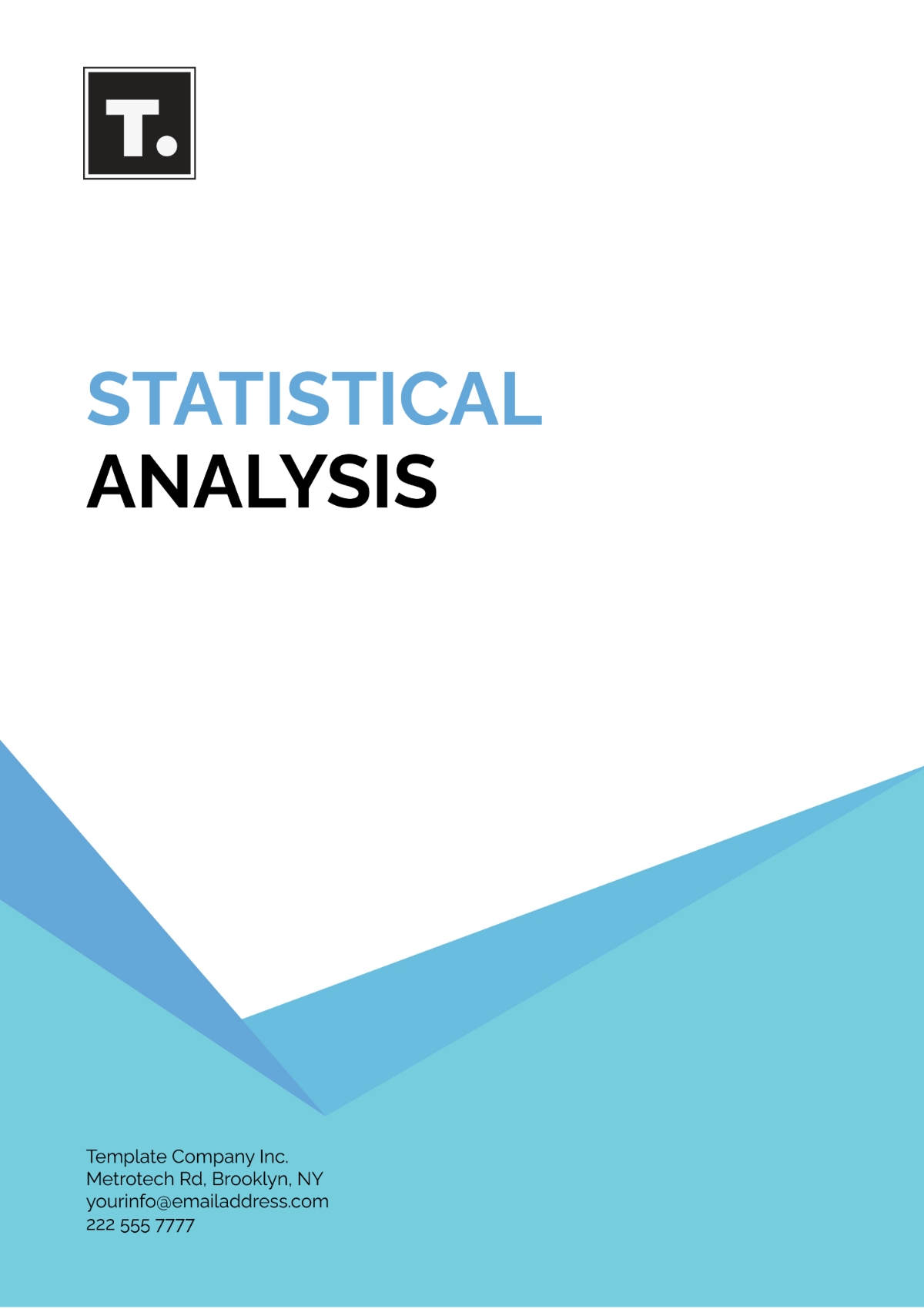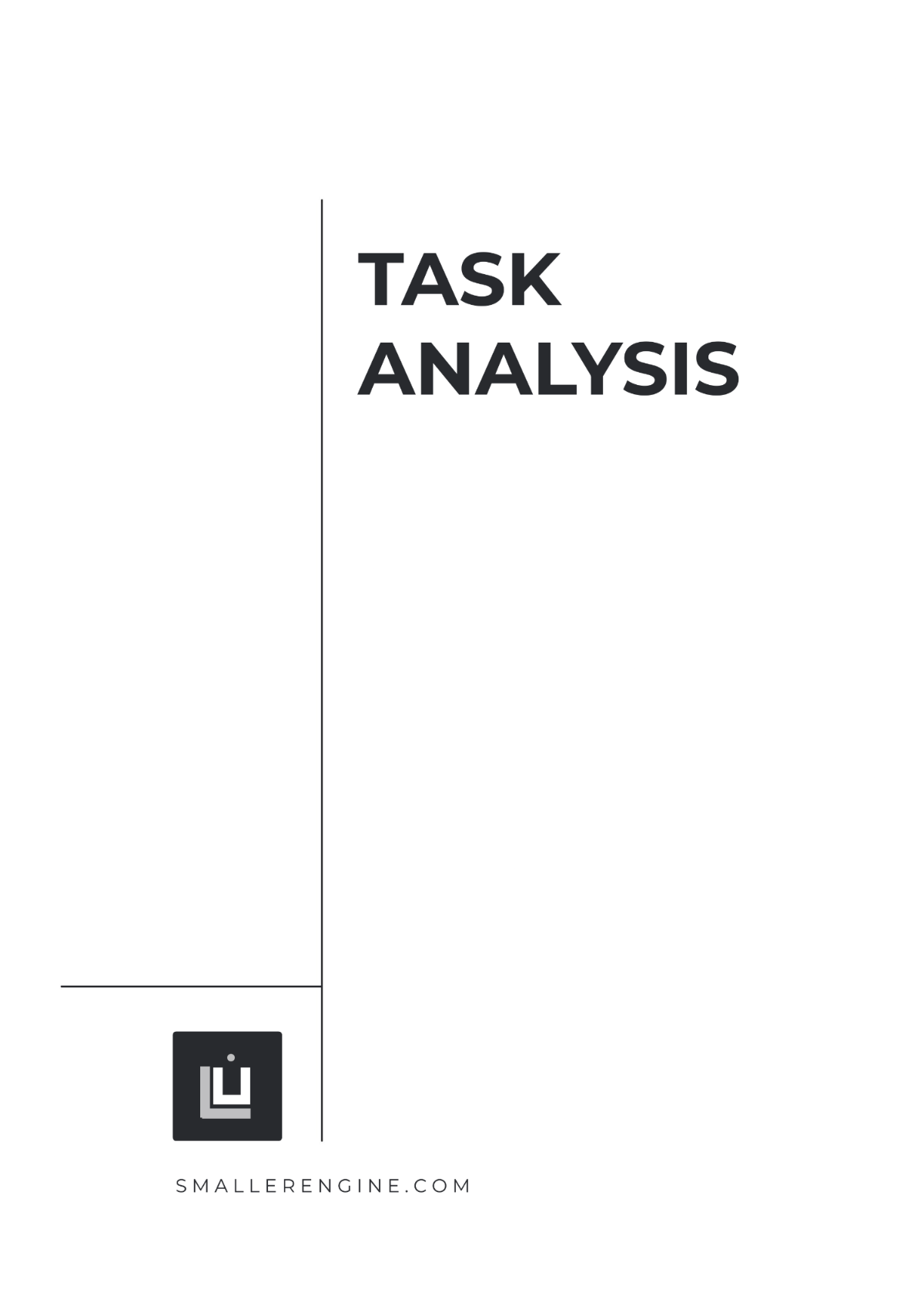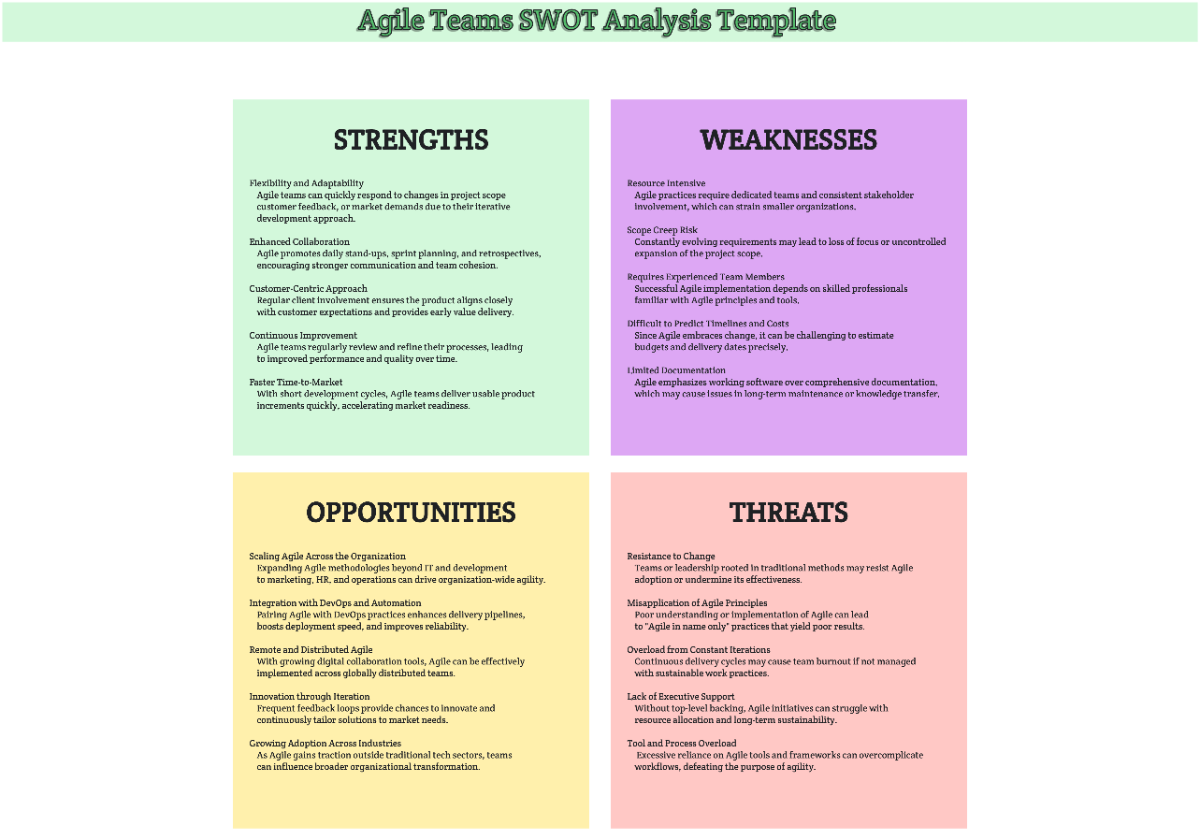Basic Thematic Analysis
Prepared by: [Your Name]
Company: [Your Company Name]
Date: [Date]
I. Introduction
Thematic analysis is a widely used qualitative research method that focuses on identifying, analyzing, and reporting patterns (themes) within qualitative data. This approach allows researchers to minimally organize and describe data in detail while also interpreting various aspects related to the research topic. It provides a structured yet flexible framework for analyzing complex data, enabling the discovery of meaningful insights and patterns.
II. Background
Thematic analysis is particularly valuable in qualitative research, where the objective is to understand people's experiences, perceptions, and interactions. It is used across various fields, including psychology, sociology, and education, to explore and interpret data from interviews, focus groups, surveys, and textual sources. By identifying themes within data, researchers can provide rich descriptions and insights into the phenomena under investigation.
III. Methodology
A. Data Collection
Data for thematic analysis can be collected from various sources, including:
Interviews: Conducting semi-structured or unstructured interviews to gather in-depth perspectives from participants.
Focus Groups: Facilitating group discussions to explore collective viewpoints and experiences.
Surveys: Administering questionnaires to collect data on specific topics from a larger sample.
Documents and Texts: Analyzing written materials such as reports, policy documents, or social media posts to gain additional context and evidence.
B. Preparing the Data
preparation of data involves several key steps:
Transcribing Audio or Video Recordings: Converting verbal data into text to ensure accuracy and comprehensiveness.
Sorting Documents in a Logical Order: Organizing data systematically to facilitate efficient analysis.
Cleaning the Data for Accuracy: Reviewing and correcting any errors or inconsistencies to enhance data reliability.
C. Initial Coding
Generating Initial Codes: Identifying and labeling interesting features of the data systematically. This involves reading through the data, noting repetitive patterns, and assigning initial codes to significant segments.
Organizing Codes: Collating coded data extracts into relevant groups and reviewing these groups to refine and consolidate them.
D. Theme Development
Identifying Themes: Analyzing codes to discern broader patterns or themes. This involves grouping similar codes and distilling them into overarching themes.
Reviewing Themes: Ensure themes accurately represent the data by checking their relevance to the coded extracts and the entire data set. Themes may be split, combined, or discarded as necessary.
Defining and Naming Themes: Writing detailed analysis for each theme, identifying its essence, and providing succinct names for clarity.
IV. Findings
The thematic analysis reveals several key themes related to the research question. These themes provide insights into the patterns and trends within the data, reflecting participants' experiences, perceptions, or behaviors. Each theme is characterized by its relevance to the research objectives and supported by data extracts that illustrate its significance.
V. Discussion
The findings from the thematic analysis are interpreted in the context of existing literature and theoretical frameworks. This section explores how the identified themes contribute to a deeper understanding of the research topic, discusses the implications of the results, and considers the broader impact on the field. The discussion also addresses any limitations encountered during the analysis and suggests areas for future research.
VI. Conclusion
Thematic analysis offers a robust and adaptable approach for qualitative research, enabling researchers to uncover and interpret meaningful patterns within data. By systematically collecting, coding, and analyzing data, thematic analysis provides valuable insights and contributes to a comprehensive understanding of the research topic.


